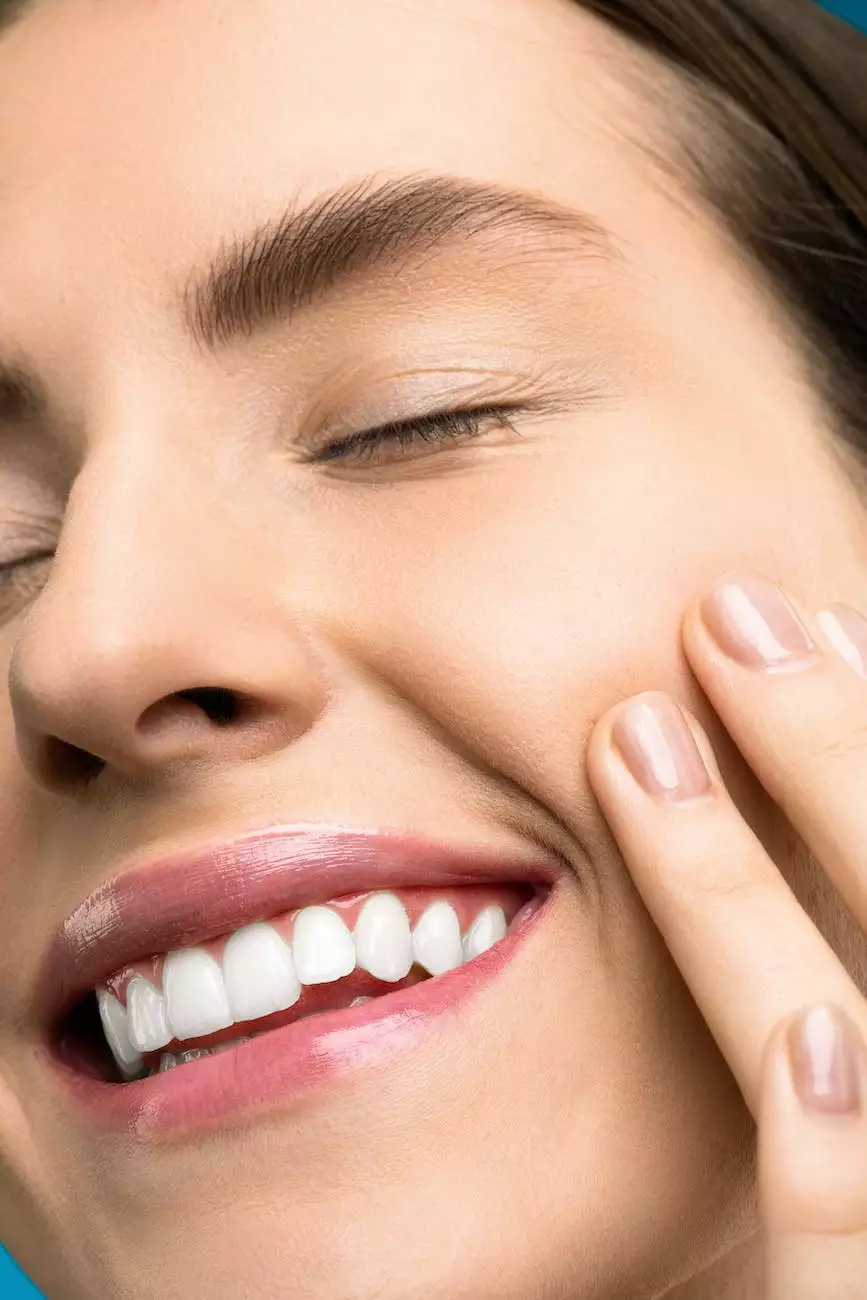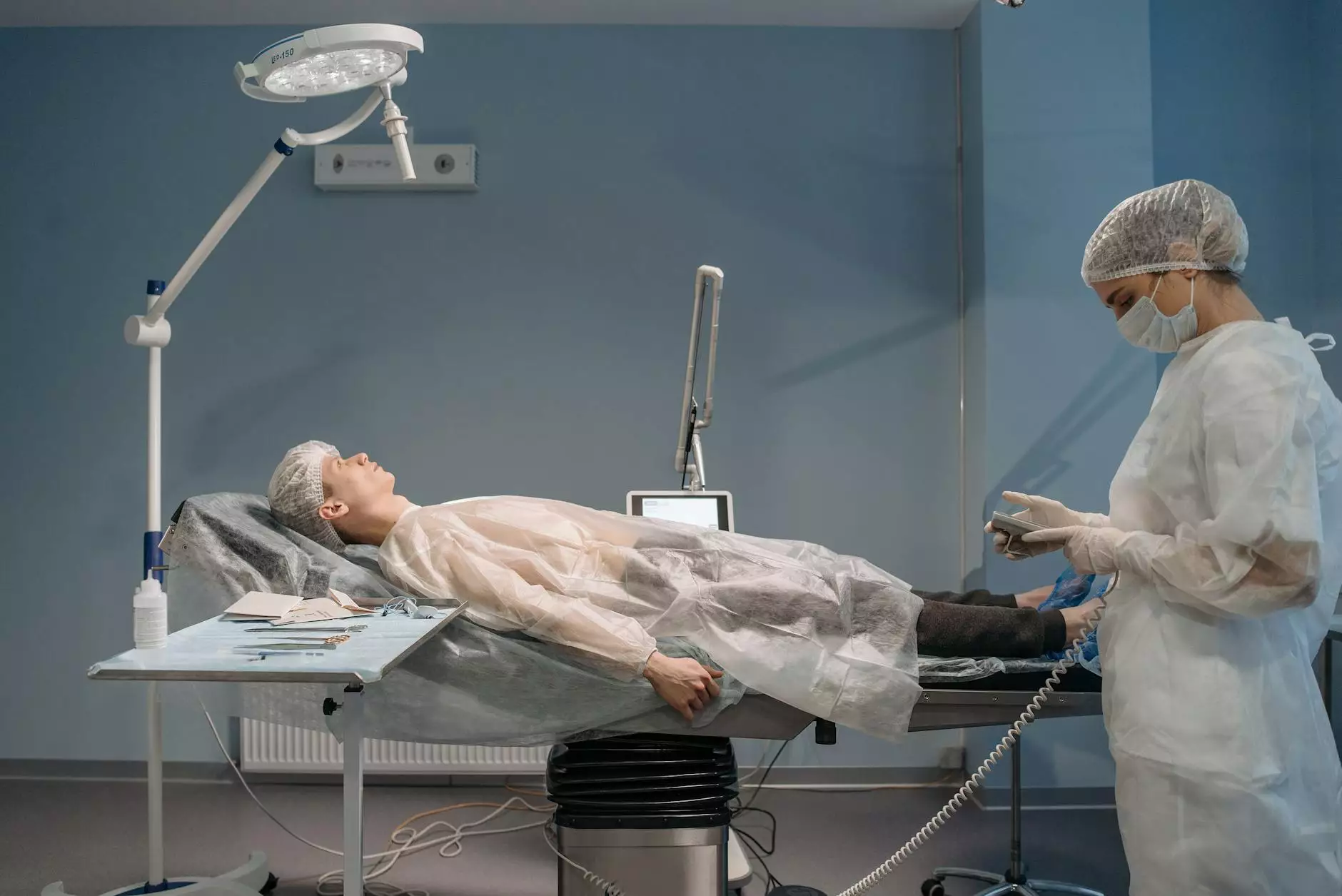How Wisdom Tooth Extraction Could Help You Better Fight Plaque and Bacteria Build-Up
Health
Introduction
Welcome to Ageless Wisdom Magazine, your trusted source for comprehensive and enriching lifestyle content. In this article, we will explore how wisdom tooth extraction can improve your oral health, fight plaque, and reduce bacteria build-up. Our aim is to provide you with detailed insights and valuable information about the benefits of wisdom tooth extraction.
Understanding Wisdom Teeth
Wisdom teeth, also known as third molars, are the last set of molars to erupt in our mouths. They typically emerge between the ages of 17 and 25. However, these additional molars often cause various dental issues due to limited space in the mouth. As a result, wisdom tooth extraction has become a common procedure recommended by dental professionals.
The Benefits of Wisdom Tooth Extraction
1. Improved Oral Health:
Wisdom tooth extraction can contribute significantly to your oral health. By removing these problem-causing molars, you minimize the risk of various issues such as gum disease, tooth decay, and infections. Maintaining optimal oral health is vital for an overall healthy lifestyle.
2. Reducing Plaque and Bacteria Build-Up:
Wisdom teeth are notorious for being hard to reach and clean properly, leading to plaque accumulation and bacterial growth. These factors can contribute to bad breath, cavities, and gum inflammation. By extracting your wisdom teeth, you can effectively eliminate these hard-to-reach areas, reducing plaque build-up and bacterial infections.
The Procedure
Wisdom tooth extraction typically involves the following steps:
- Consultation and Examination:
- Anesthesia:
- Extraction:
- Recovery:
Your dental professional will conduct a thorough examination, including X-rays, to determine if extraction is necessary. They will discuss the procedure, potential risks, and answer any questions you may have.
Prior to the extraction, your dentist will administer a local or general anesthesia to ensure you are comfortable and pain-free during the procedure. The type of anesthesia used will depend on the complexity of the extraction and your comfort level.
Once you are numb and relaxed, the dentist will carefully remove the wisdom teeth. They will make an incision in the gum tissue, if necessary, and extract the tooth. In some cases, stitches may be required to aid in the healing process.
After the extraction, your dentist will provide you with post-operative instructions to ensure a smooth recovery. This may include pain management techniques, proper oral hygiene guidelines, and dietary recommendations.
Post-Extraction Care
Following wisdom tooth extraction, it is crucial to adhere to proper post-operative care to promote healing and minimize discomfort. Here are some essential tips:
- Take prescribed medications as directed by your dentist.
- Apply ice packs to reduce swelling.
- Avoid any strenuous activities that could dislodge blood clots.
- Stick to a soft food diet and avoid hot, spicy, or hard foods.
- Maintain diligent oral hygiene with gentle brushing and rinsing.
- Attend follow-up appointments to monitor the healing process.
Conclusion
Wisdom tooth extraction is not just a routine dental procedure - it is a proactive step towards maintaining excellent oral health and overall well-being. By removing these potentially troublesome teeth, you can better fight plaque and reduce bacteria build-up, leading to a healthier smile and improved quality of life. Ageless Wisdom Magazine hopes that this article has shed light on the significant benefits of wisdom tooth extraction. Stay tuned for more informative content!










